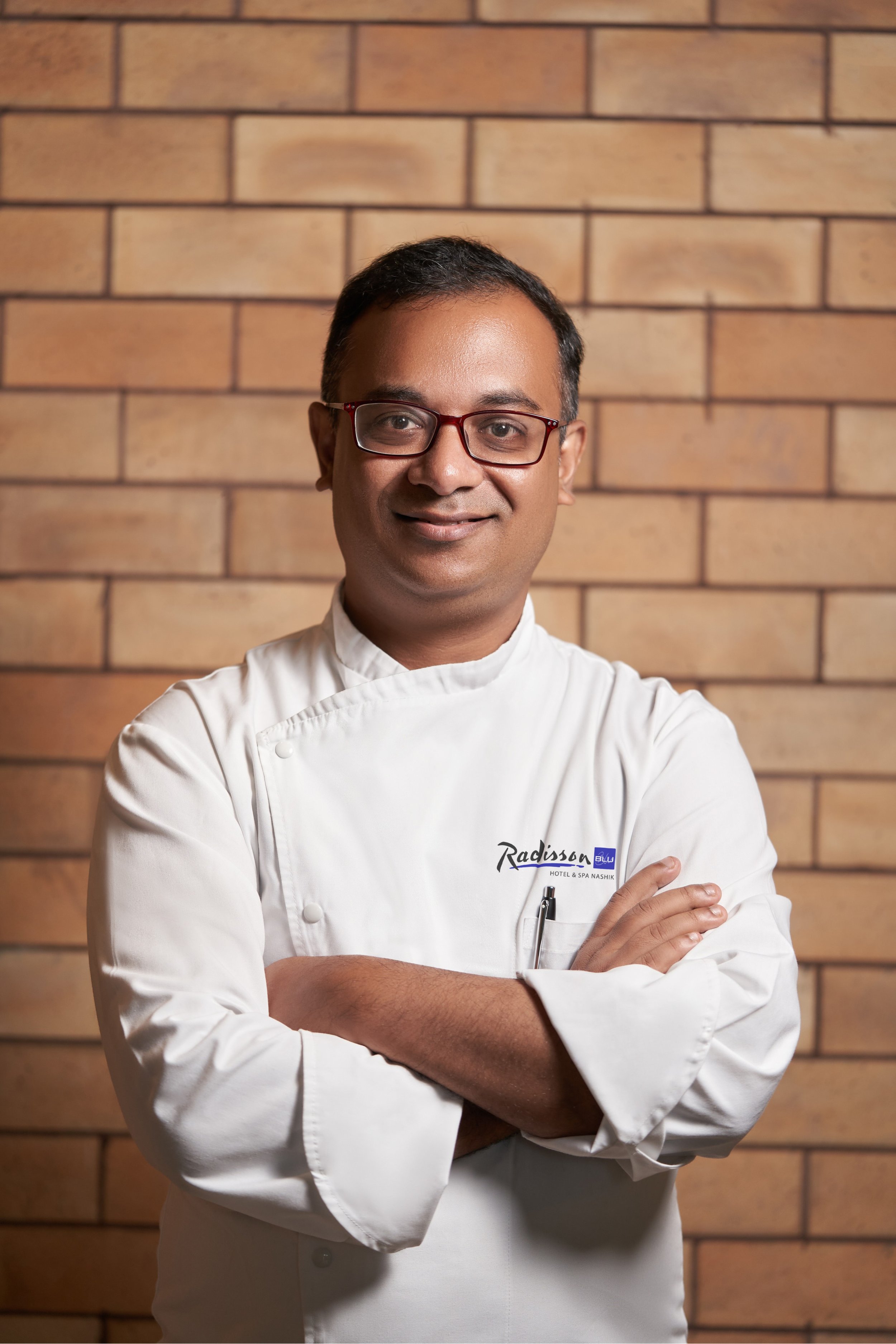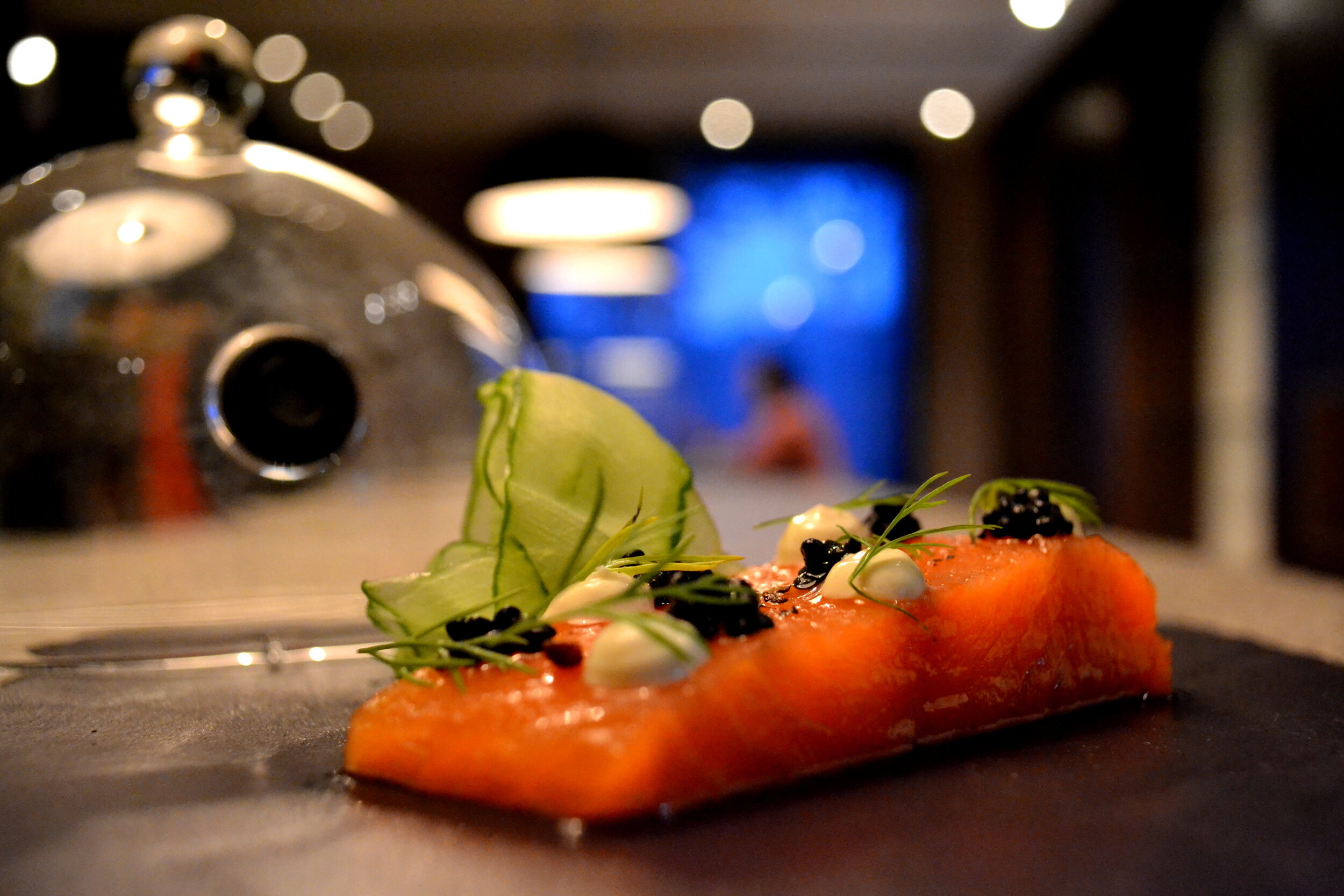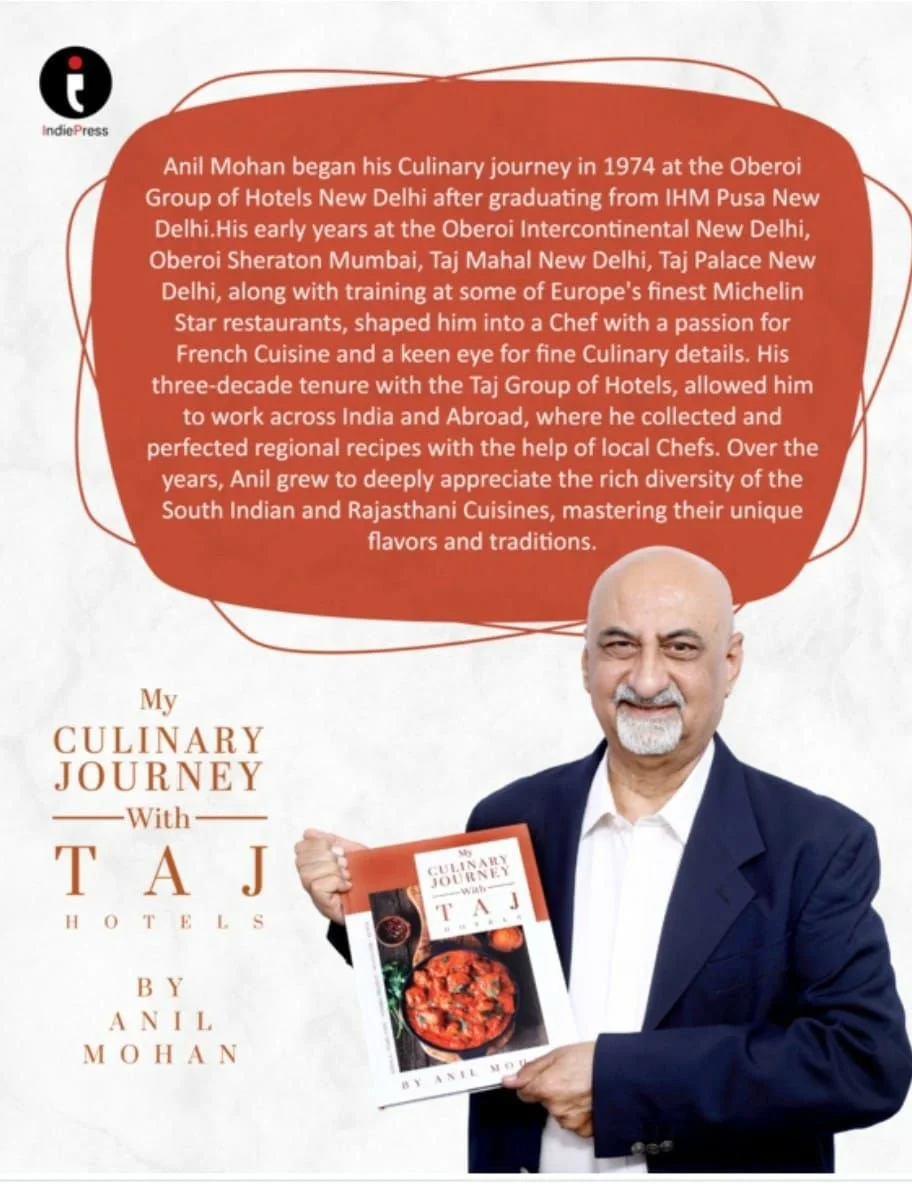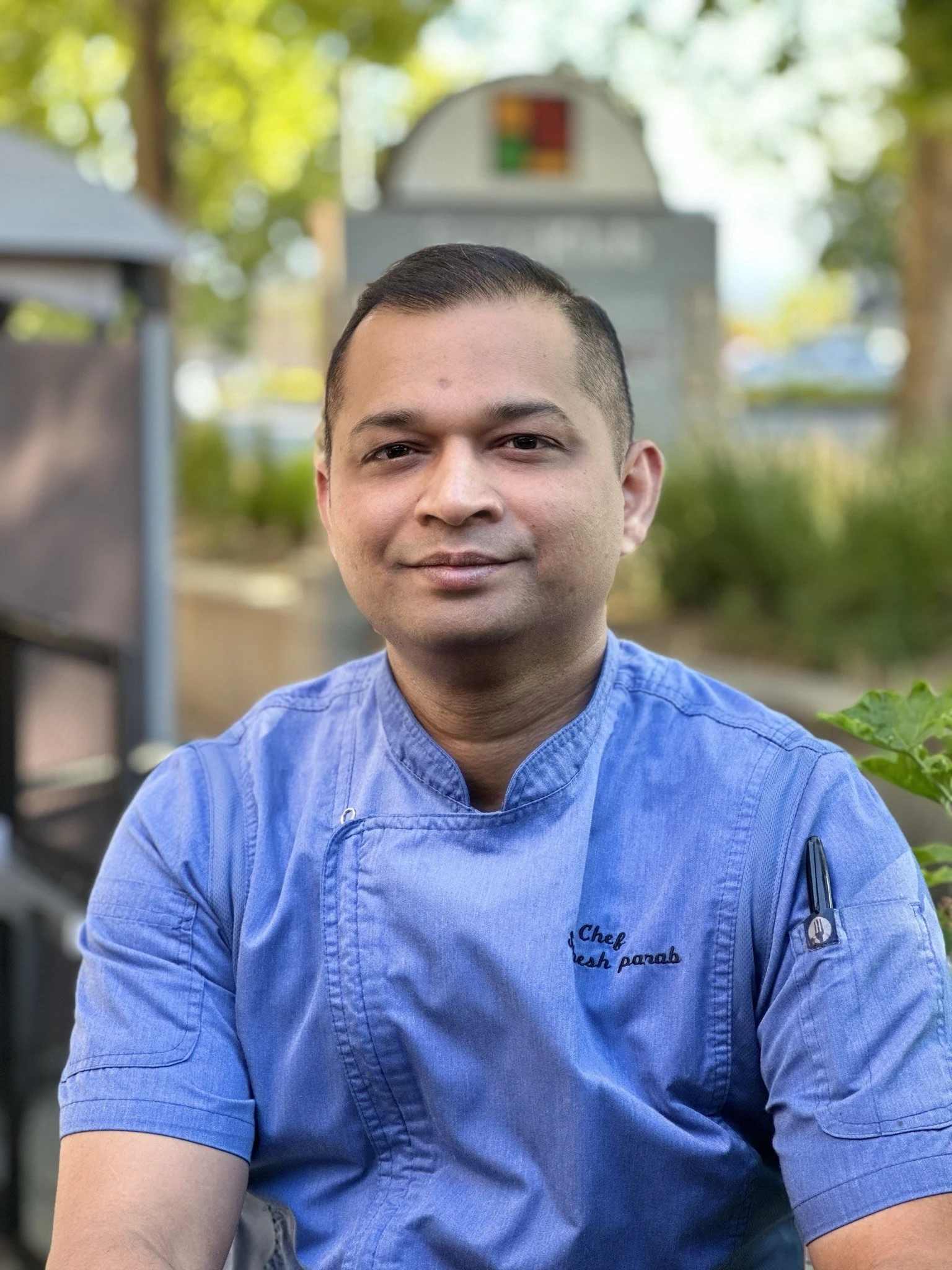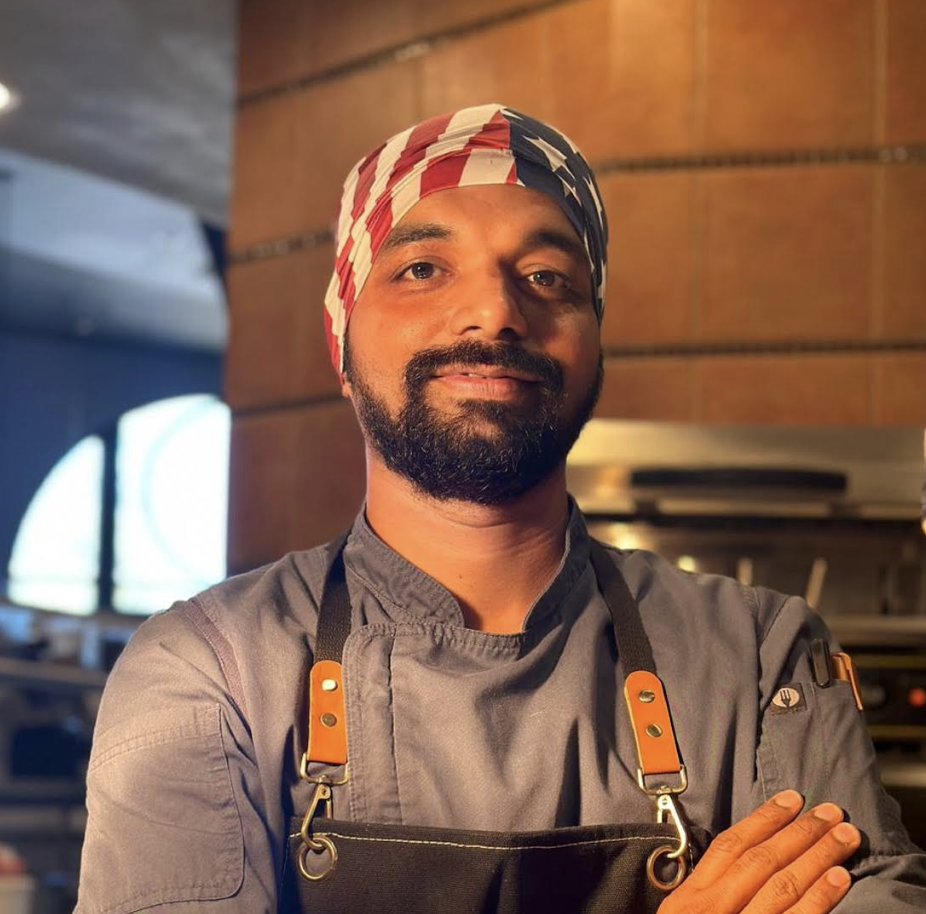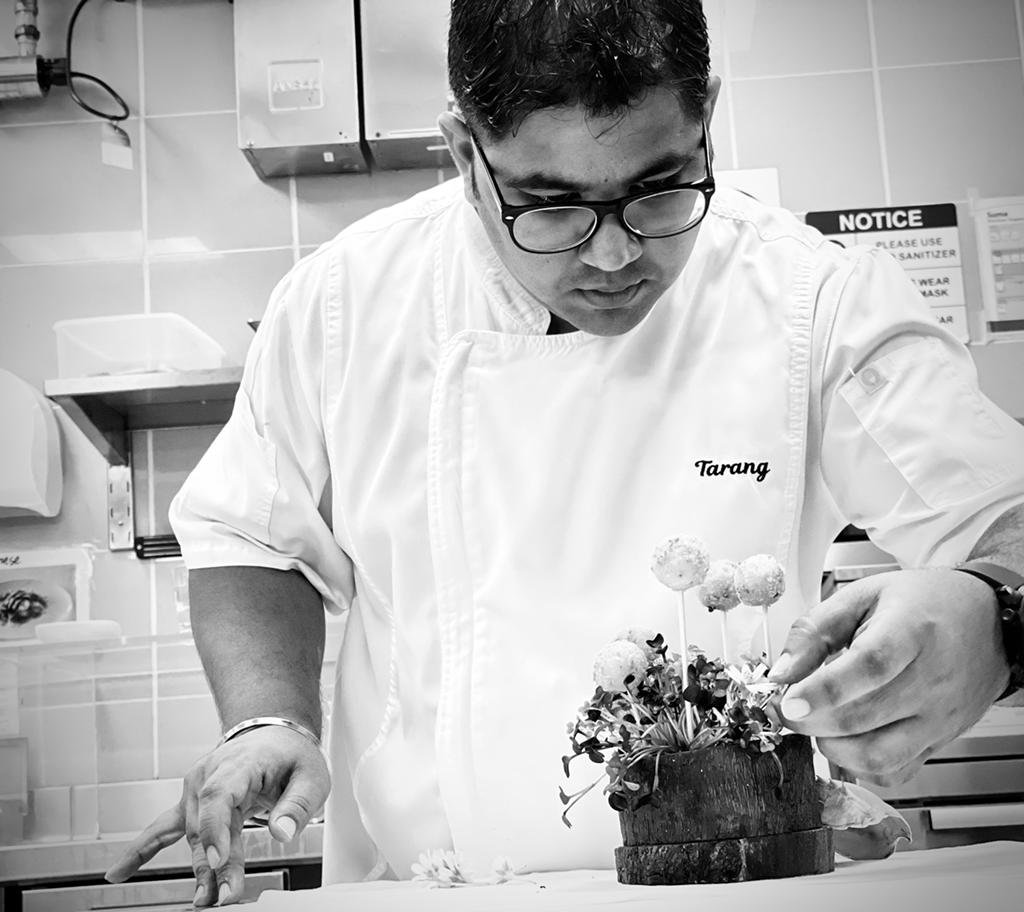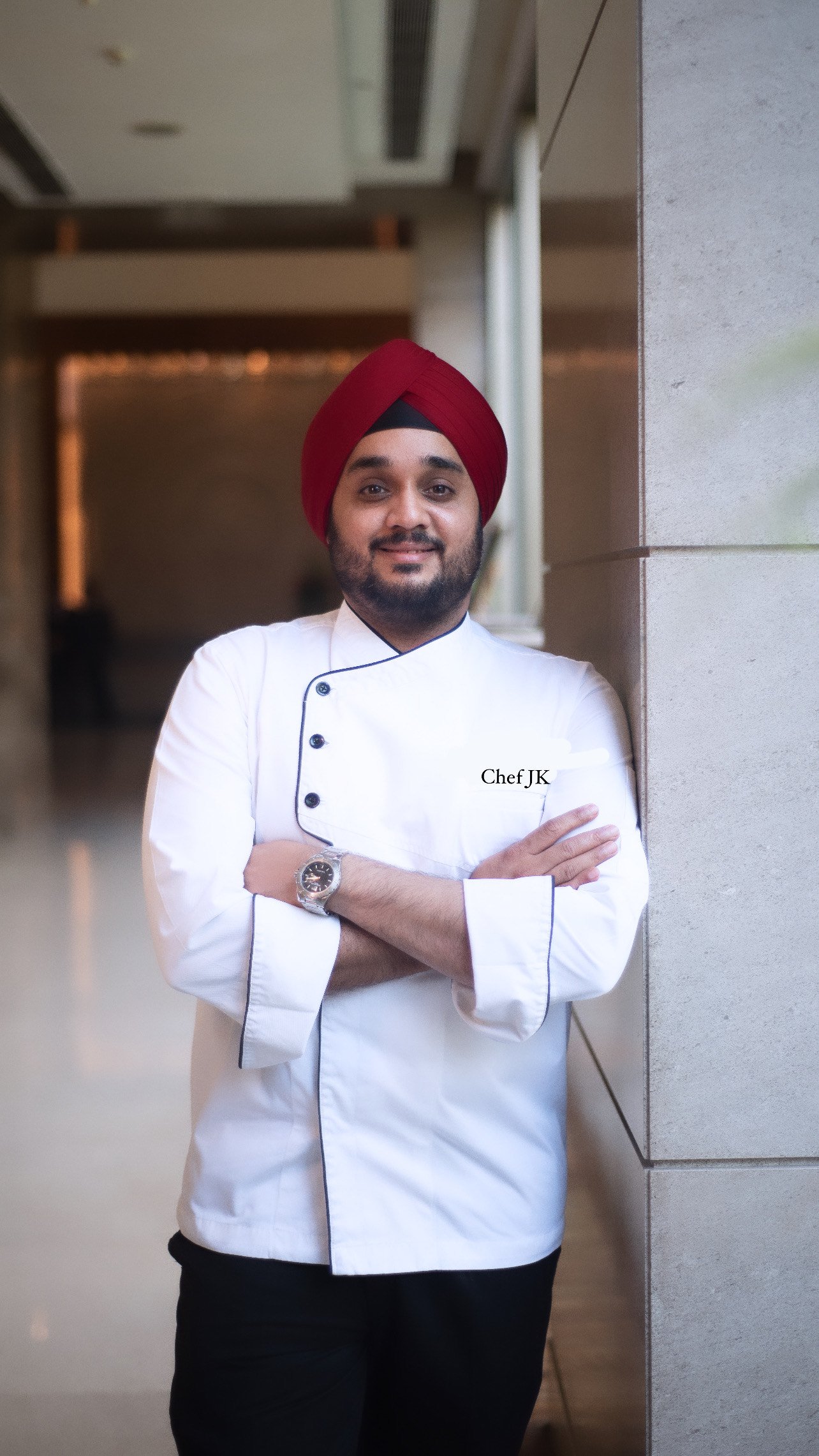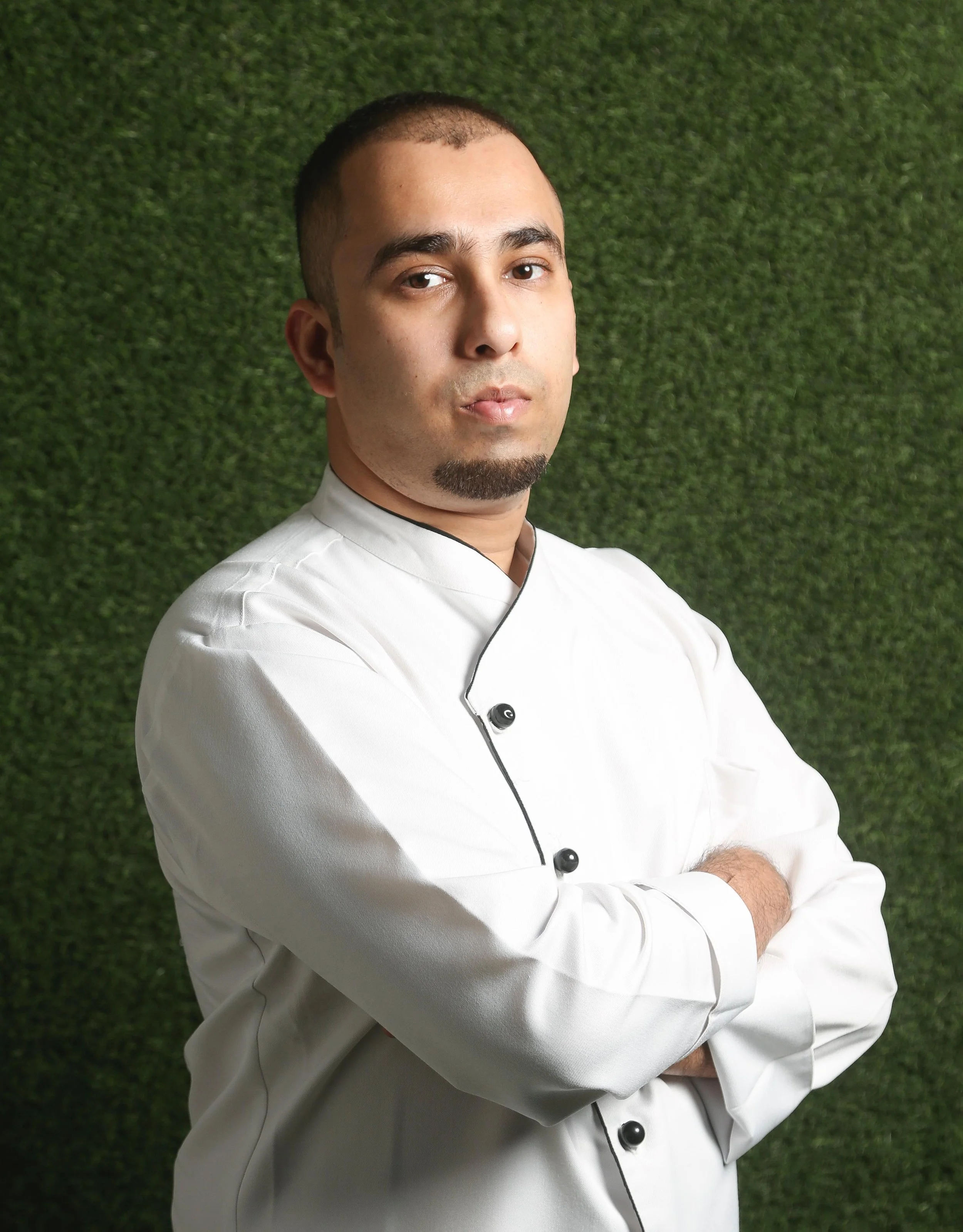Exclusive Interview | Chef Anirban Dasgupta - Executive Chef, Radisson Blu Hotel Spa, Nashik
/“Determination, discipline, and practice are the three core principles for anyone to be successful ”
Introduction: Chef Anirban Dasgupta is a culinary maestro with an illustrated career spanning over two decades of hospitality and culinary proficiency. His culinary prowess extends across a wide variety of local and global cuisines ranging from Indian, East Asian, and Japanese, to Italian and Mediterranean. Chef Anirban is a specialist in developing unique dining concepts and adapting sustainable cooking techniques based on his food philosophy –' Locally Sourced, Globally Inspired!'.
Chef Anirban brings with him a wealth of experiences specializing in the pre-openings of hotels such as Hilton Bangalore, Vivanta by Taj Guwahati, and Hyatt Regency Pune where he has been instrumental in launching award-winning specialty restaurants, designing world-class kitchens, commissioning a talented team of young energetic chefs, curating innovative dining concepts, and crafting eclectic menus. With successful stints at leading Indian and international luxury hotel chains such as Marriott International, IHCL’s Taj Hotels, ITC Hotels, Hilton Hotels & Resorts, and Hyatt Hotels & Resorts, he has always aspired to create unique and memorable culinary experiences for every guest; from well-heeled fine dining food connoisseurs to the new-age Instagram foodies.
He has been the recipient of the Best Sustainable Chef of the Year by Asia Food Congress in 2020 and has also been awarded by Hyatt International for the highest growth in Gross Operation Profit India-wide during his stint at Hyatt Regency Pune from 2016 to 2021.
Editor: How did it all start? Share your culinary journey with us.
It all began in the year 1997 when a "rebel" Bengali just out of the 12th standard decided to take a road less traveled. So here I was suddenly thrown into an unknown ground, which I turned into an accidental opportunity. Some stories were destined to happen, and mine began with hotel management studies at IHM, BHOPAL. I fell in love (this time with food and cooking) and sunk into this magical craft for the next two decades to follow.
Editor: What are your earliest memories of the kitchens you worked in?
Kitchens, when we started, were more conservative in their approach, one needed to work harder to climb the ladder, unlike the more professional approach that’s followed in today's times. For me back then, kitchens were more about emotion and packed with passion. I worked my heart out in the kitchens of the legendary Oberoi Cecil’s. I then spent very long and fruitful formative days at the Taj Group of Hotels with towering personalities of chefs whom I learned culinary art.
Editor: A dish your patrons/guests love
My take on the culinary world evolves with time, presently I am more focused on presenting the world's finest gourmet creations and cooking styles inspired by local cultures and ingredients. One dish that I am particularly proud of is the ‘Salad Niçoise’ crafted with local greens and home-cured Andaman Tuna or "bresaola" (photo enclosed). The second dish would be ‘line-caught Atlantic Salmon cured with five spices and served with pickled cucumber and vanilla smoke’. The third and the closest one to my heart is a recent creation, that of ‘Textures of Kharvas’, a best-kept secret ingredient of Maharashtra conceptualized and created in the kitchens of Radisson Blu Hotel & Spa, Nashik.
Editor: A dish that you love but do not have on your menu
The traditional yet soul-satisfying Hilsa with home ground mustard sauce, a Bengali preparation that I have grown up on and still can catch a flight for. Unfortunately, that is not what we have on our current menu, due to its seasonality and the quality of Hilsa fish which is an absolute rarity nowadays.
Editor: What according to you does it take to become a successful chef?
Determination, discipline, and practice are the three core principles that I have inculcated over the years in the culinary world. I still live by these every minute of every day!
Editor: What advice would you give to a young culinary student?
What you earn in the formative years should not be half important to what you learn when you become an established chef. Find a great mentor who can handhold you and assist you and help you to define your goals. I also would request young culinary students to focus on theoretical studies, follow the finest chefs across the world, and focus on quality ingredients always. Work hard but have loads of fun, only happy chefs can deliver great food. One last thing - learn how to cook first, don't try to be a social media chef without knowing the basics of cooking.
Editor: What instruments/ equipment/devices you cannot imagine working without?
Sous vide machine, this is something which is more of recent innovation, but it is definitely a wonder that the world has not made full use of. My Santoku knife collection is something that’s very dear to me. The Japanese are known for their precision, and I love their knives for that feature.
Editor: Your favorite ingredient is…
Salt and every form of salt, it is the single most important ingredient which can change every dimension of a dish if not added in the proper stage and proper measure. Having said so, I must admit I am a great admirer of everything local for vegetables, now that I am operating out of the agricultural hotbed of India – Nashik, I admire the deliciousness and freshness of the local vegetables that we source here, which is unparalleled to any city in India.
Editor: Name chefs, you find amazing or chefs work you admire.
I admire Rene Redzepi for the sheer passion and purposeful determination he showed in turning around the culinary story worldwide through his eponymous restaurant Noma in Copenhagen, its path-breaking work in this century. Closer to home, I truly admire the work done by fellow colleagues, Chef Manu Chandra and Chef Hussain from Bombay Canteen. Lastly, my mother from whom I inherited the one secret cooking ingredient called "love" which turns out to be the most important ingredient too.
Editor: What books should every chef read?
Salt Fat Acid Heat by Samin Nosrat, no one explains the chemistry and physics behind food more beautifully. Also, Noma Fermentation by Rene Redzepi because it's Rene and also because that is where the future of food lies.
Editor: What was your favorite question during the interview? and Why?
The first one, where and how did it all start…because if it hadn’t started, I wouldn't have needed the rest of the questions :) !!

